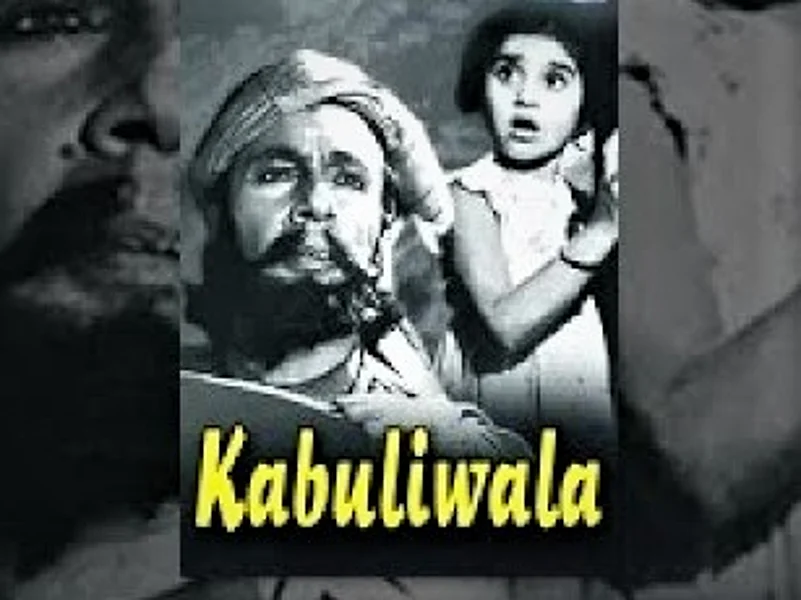A friendly Afghan man, with a heavy accented voice who makes a living while peddling dry fruits on the streets of Kolkata (then Calcutta) and his friendship with a five-year-old girl, Mini. Other than the child, nobody else much trusts him, but the friendship blossoms anyway.
Rabindranath Tagore’s ‘Kabuliwala’ is a story every Bengali child has grown up reading as part of school syllabus. Most have watched the Tapan Sinha film made in 1957 based on Tagore’s 1892 story - written 129 years ago.
The impression of the everyday 'Kabuliwala' or the man from Kabul with his sack of goodies has been of a homesick man finding ways to make money and then send it back home.
A peddler; a stranger. Distant and conscious of a lack of trust for him in a foreign land, the wandering Afghan has always been a cautious man.
In Tagore’s story Rahmat Sheikh is a fruit seller from Afghanistan. He starts hawking his wares on the streets of Bengal to make a living. He meets little Mini and a friendship develops between them. The filial bond forms primarily because Mini reminds Rahmat, the Kabuliwala of his young daughter back home.
The story turns to a bitter end as Rahmat one day receives a letter from Kabul – saying his daughter is sick. He asks for his money back from someone who owed him as he had to return home. Instead of getting his money, a scuffle ensued.
Rahmat ended up in prison for 10 years. Once out of prison, Rahmat went out looking for Mini, who by then was a grown woman. She had no memory of the Kabuliwala.
For decades, Kabuliwala - the story has inspired many filmmakers and storytellers.
After Tapan Sinha’s famous adaptation, the tragic 'tale of Kabuliwala was also remade in Hindi, this time directed by Hemen Gupta in 1961. Balraj Sahni played the role of the man from Kabul. In 2006, Bangladeshi director, Kazi Hayat made yet another adaptation of Rahmat, the Kabuliwala.
Tagore’s tale of the uprooted Afghan in exile continues to be relevant even today. In Delhi’s hamlets, they are now part of the neighbourhood. They live among their own.
The itinerant Afghan continues to be present among us as many a Kabuliwala – a kebab seller, a dry-fruit seller, a moneylender.
His fate has not changed much since the Tagore story written in 1800s. Torn, displaced. The predicament of the man from Kabul remains even today, ever so mired in uncertainty.
























